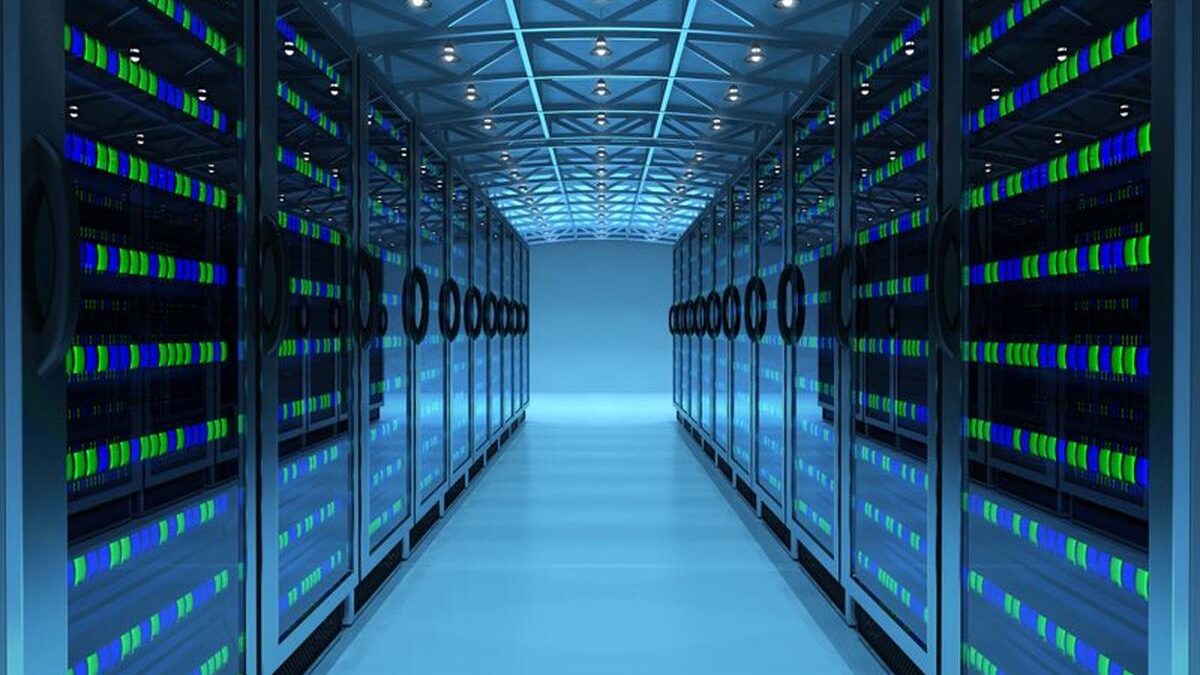
Does Unmetered Bandwidth Mean Unlimited Bandwidth?
February 11, 2021
What Is an Artificial Neural Network?
February 17, 2021The data center industry has not only shown its resilience during the current pandemic, but it has shown that it is essential and thriving during this time as well. The demand for data centers in all aspects is increasing, but it has also evolved. This is also evident when it comes to colocation data centers. This article looks into how data centers have evolved into more than just space.
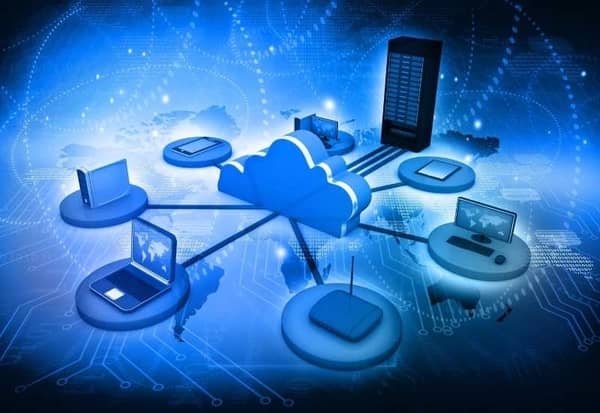
What Is the Difference between the Cloud and Colocation?
One of the biggest changes in the industry came from one of the most used buzz phrases of the technology world—the cloud. There are some misconceptions about data centers and that became even more evident with the growth of the cloud. The world is using more data than ever before, but many people don’t think about where this data is stored. When you ask someone where their data is stored most people simply answer, “it’s in the cloud” without really understanding what that entails.
There are different types of data centers. In-house data centers refer to data center servers that are housed within a business’ premises. Colocation refers to a data center that isn’t part of your facility. A company’s data is stored and managed offsite by a colocation provider along with data from other companies as well. The cloud still uses the same servers and equipment found in a data center and also offsite. When people compare cloud vs. data center, they are comparing an in-house data center managed with their own internal IT team with an off-site data center managed by a third party. In many ways, the cloud and colocation are very similar.
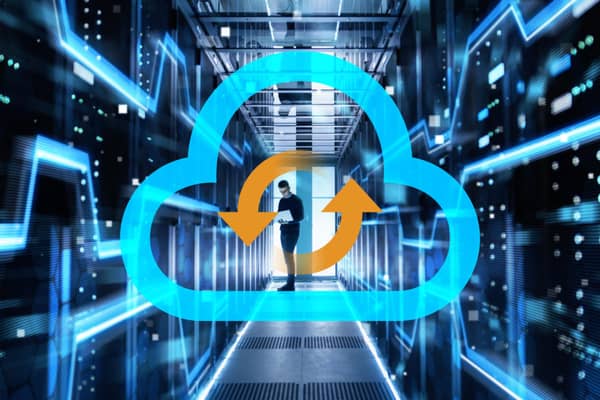
The Cloud Changed Colocation for the Better
The cloud has changed data center operations. One of the major changes caused by the cloud is the change in focus from a carrier-neutral data center to a cloud-neutral data center. While some people don’t understand what the cloud is—the idea of data storage is somewhat more accessible. As more organizations move their data and workloads to the cloud, data center providers have become more cloud-neutral to give customers and potential customers more access and easier access to many different cloud providers.
This is one of the main strategies’ colocation providers are thinking about when offering services to the public. Allowing access to different clouds can help colocation providers. Certain colocation providers are also offering what is known as a hybrid cloud, giving customers the best of both worlds.
What Is a Hybrid Cloud?
Combining colocation and the cloud can give users additional benefits. Users can manage workloads without the high overhead costs that come with owning a data center. A hybrid solution allows users to create a plan that works for them. It offers users more flexibility by moving workloads between the cloud as needed.
Businesses can store certain data on their own servers and other data in the cloud. This can give companies more control especially during usage spikes. A hybrid cloud solution can reduce costs, and it can also allow for businesses to be able to grow and scale the cloud service to their current needs.
Another one of the major benefits of a hybrid cloud solution is security and compliance. Colocation providers adhere to strict compliance, safety, and security requirements. Something that may not be as clear when it comes to the cloud. Trusted colocation providers have been and continue to be used by many businesses large and small.
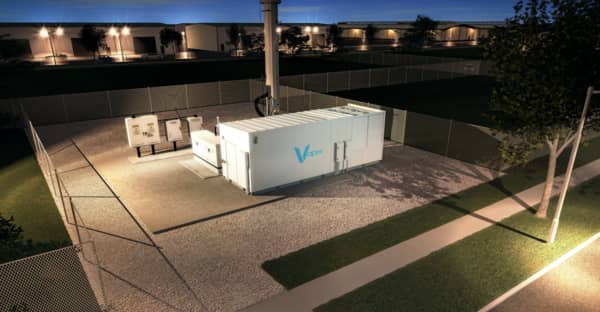
Edge Data Centers Are Changing Colocation
Not only is the world consuming more data than it ever has, but we are also expecting this data to be delivered to us faster than it ever has been. The demand for data centers to be close in proximity to their users is also increasing. This is the reason edge data centers are increasingly more important to the data center industry and the world. Edge computing is a mesh network of smaller data centers that bring the data center closer to the end-user. It helps process and store critical data locally and pushes it to the main data center. Edge computing brings the data center closer to the user by installing smaller data centers in between the current larger data center and its users.
Edge computing is changing more than colocation data centers, it is changing the data center industry as a whole and how users interact with data centers. The rise of the internet of things has also pushed data centers to be faster and closer in proximity to the users. As technology becomes more advanced, the need for faster data centers is also required. Edge computing helps data centers keep up with the demand for faster overall speed.
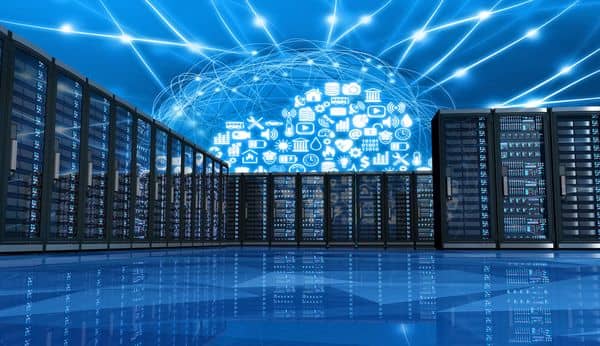
Colocation Is More Than Just Offering Servers for Rent
The old model of colocation has changed in many ways. Colocation providers supply the building, cooling, power, bandwidth, and security for their customers. But a colocation company’s role is more than just putting server racks together for its customers. Colocation providers optimize the physical footprint, resolve redundant power supplies, and offer their users modern applications. Colocation companies can connect businesses to different cloud providers if they choose a hybrid cloud solution. Colocation providers can even advise users as to which cloud provider and what specific type of hybrid solution is best for its business. Colocation providers offer companies an ecosystem for their entire business operation.
Conclusion
As in many different industries, to keep with the changing world, Colocation data centers have evolved over the years. The cloud is one of the reasons for these changes. Colocation providers can also help connect potential users to the cloud through hybrid solutions giving users additional benefits. The rise of data usage and interconnected devices has also changed that industry. Edge has changed colocation and the data center industry as a whole by bringing the power of the data center closer to its users. Colocation continues to grow and evolve with the rise of data usage and the increased usage of connected devices. Today, colocation data centers and data centers, in general, are more powerful than ever.
